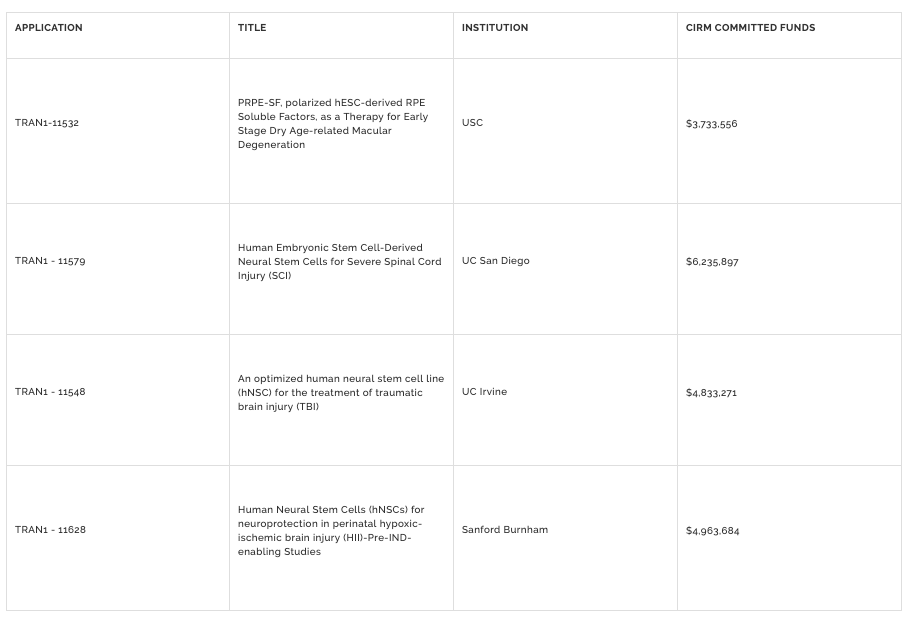
Yesterday the governing Board of the California Institute for Regenerative Medicine (CIRM) awarded $9.28 million to Dr. Saul Priceman at City of Hope to conduct a clinical trial for the treatment of breast cancer related brain metastases, which are tumors in the brain that have spread from the original site of the breast cancer.
This award brings the total number of CIRM-funded clinical trials to 56.
Breast cancer is the second-most common cancer in women, both in the United States (US) and worldwide. It is estimated that over 260,000 women in the US will be diagnosed with breast cancer in 2019 and 1 out of 8 women in the US will get breast cancer at some point during her lifetime. Some types of breast cancer have a high likelihood of metastasizing to the brain. When that happens, there are few treatment options, leading to a poor prognosis and poor quality of life.
Dr. Priceman’s clinical trial is testing a therapy to treat brain metastases that came from breast cancers expressing high levels of a protein called HER2. The therapy consists of a genetically-modified version of the patient’s own T cells, which are an immune system cell that can destroy foreign or abnormal cells. The T cells are modified with a protein called a chimeric antigen receptor (CAR) that recognizes the tumor protein HER2. These modified T cells (CAR-T cells) are then infused into the patient’s brain where they are expected to detect and destroy the HER2-expressing tumors in the brain.
CIRM has also funded the earlier work related to this study, which was critical in preparing the therapy for Food and Drug Administration (FDA) approval for permission to start a clinical trial in people.
“When a patient is told that their cancer has metastasized to other areas of the body, it can be devastating news,” says Maria T. Millan, M.D., the President and CEO of CIRM. “There are few options for patients with breast cancer brain metastases. Standard of care treatments, which include brain irradiation and chemotherapy, have associated neurotoxicity and do little to improve survival, which is typically no more than a few months. CAR-T cell therapy is an exciting and promising approach that now offers us a more targeted approach to address this condition.”
The CIRM Board also approved investing $19.7 million in four awards in the Translational Research program. The goal of this program is to help promising projects complete the testing needed to begin talking to the US Food and Drug Administration (FDA) about holding a clinical trial.
Dr. Mark Tuszynski at the University of California San Diego (UCSD) was awarded $6.23 million to develop a therapy for spinal cord injury (SCI). Dr. Tuszynski will use human embryonic stem cells (hESCs) to create neural stem cells (NSCs) which will then be grafted at the injury site. In preclinical studies, the NSCs have been shown to help create a kind of relay at the injury site, restoring communication between the brain and spinal cord and re-establishing muscle control and movement.
Dr. Mark Humayun at the University of Southern California (USC) was awarded $3.73 million to develop a novel therapeutic product capable of slowing the progression of age-related macular degeneration (AMD), the leading cause of vision loss in the US.
The approach that Dr. Humayun is developing will use a biologic product produced by human embryonic stem cells (hESCs). This material will be injected into the eye of patients with early development of dry AMD, supporting the survival of photoreceptors in the affected retina, the kind of cells damaged by the disease.
The TRAN1 awards went to:

Stay tuned for our next blog which will dive into each of these awards in much more detail.